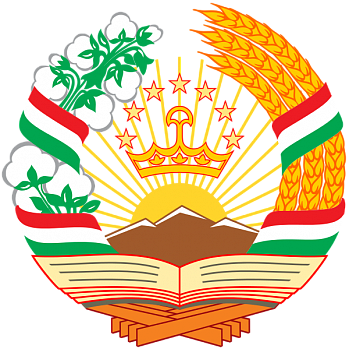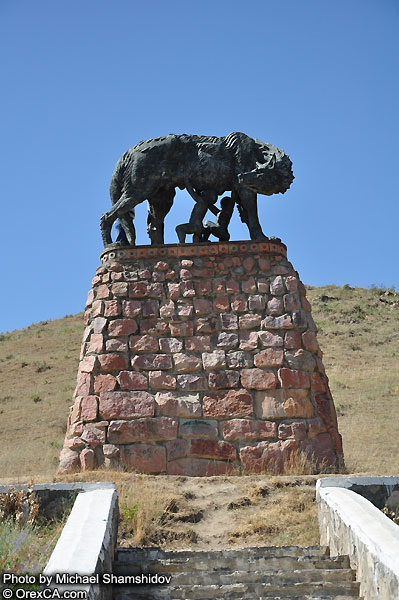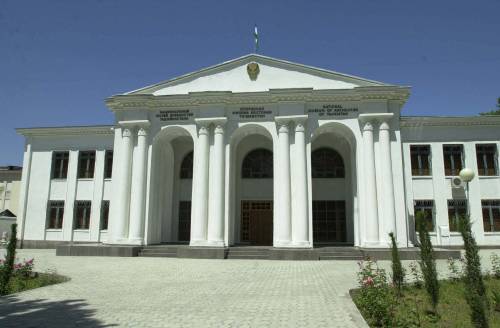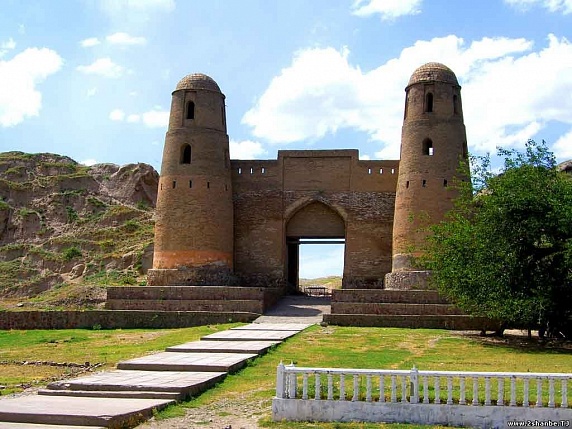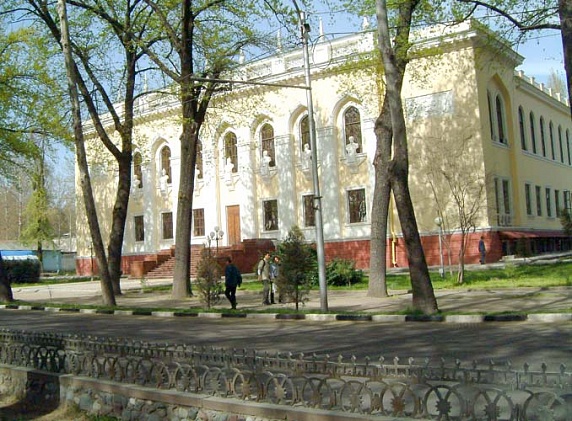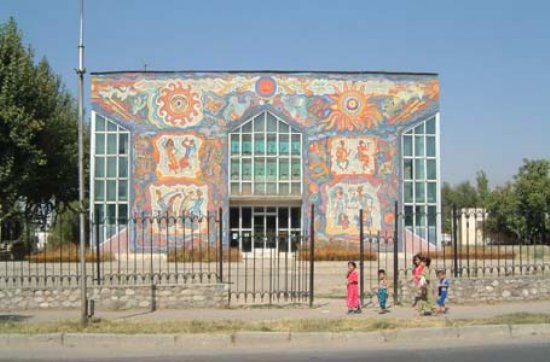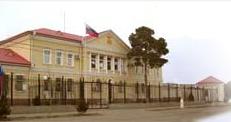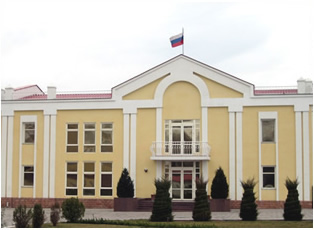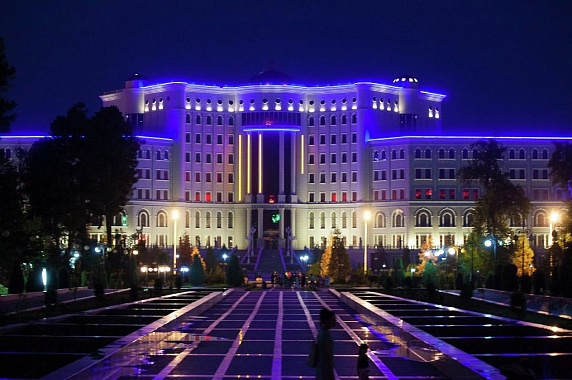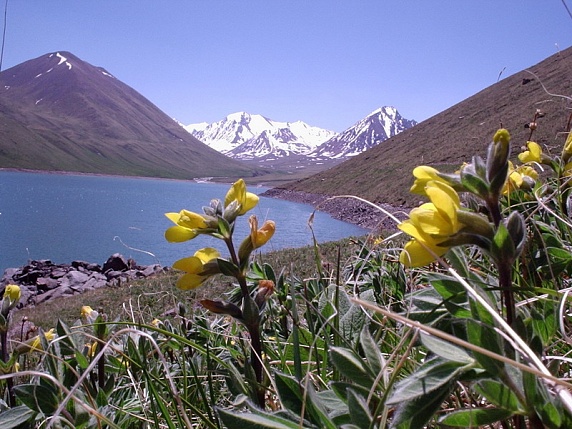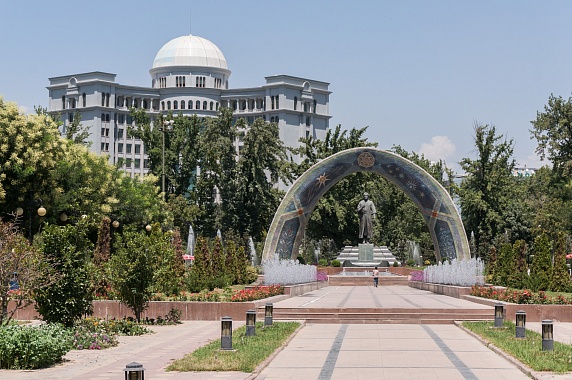 the Republic of Tajikistan
the Republic of Tajikistan
Foreign Minister Sergey Lavrov’s remarks and answers to media questions at a joint news conference following talks with Foreign Minister of Tajikistan Sirodjidin Aslov, Moscow, April 9, 2018
Ladies and gentlemen,
We have held very good, instructive and concrete talks.
Russia and Tajikistan are bound by time tested relations of strategic partnership and alliance and an open dialogue at all levels without exception.
Today we held detailed discussions of the implementation of the agreements that were reached during a visit made by President of Russia Vladimir Putin to Tajikistan in February 2017. We confirmed the modest but stable growth of bilateral trade. The volume of remittances from individuals in Russia to Tajikistan has increased by nearly one-third.
We hope that the 15th meeting of the Intergovernmental Commission on Economic Cooperation, which is scheduled to be held in Moscow soon, will give an additional impetus to our cooperation in the economy, trade and investment. We have agreed to further improve the operating conditions for Russian and Tajik companies in our markets.
We share the view that cultural and humanitarian ties are developing dynamically. The project under which Russian teachers are sent to schools in Tajikistan is doing well. They have been sent to seven schools by now. We will sign an agreement soon to open five more schools with classes in the Russian language. Other Central Asian countries have shown interest in this practice. We will take efforts to promote this positive initiative both in Tajikistan and also in the neighbouring countries. Over 15,000 Tajik citizens are studying in Russia, and over 7,000 Tajik students are studying at local branches of Russian universities. We see this as evidence of the public demand for Russian education. We appreciate the care for the Russian language and culture shown by President of Tajikistan Emomali Rahmon and the Tajik leadership in general.
We focused on our interaction in the migration sphere. Work is underway to improve legal protections for Tajik citizens in Russia. Additional agreements are being worked out in the migration sphere. Today, we agreed to speed up the preparation of these documents for signing.
We reaffirmed our willingness to continue to assist our Tajik friends in upgrading and re-equipping their armed forces, and building up their capacity to protect the state border.
We are satisfied with the level of coordination between our foreign ministries, including at such multilateral platforms as the CIS, the CSTO, the SCO, UN, the OSCE and others. The Programme of Cooperation signed today by the diplomatic services of the Russian Federation and the Republic of Tajikistan for this year will help further deepen our cooperation.
This year, Tajikistan chairs the CIS. We are confident that Dushanbe's efforts will contribute to making the Commonwealth stronger, and we will provide our Tajik friends with all possible assistance.
We are grateful to our partners for close coordination in the UN, including their support for Russia’s priorities and not supporting the attempts to submit dubious initiatives with an anti-Russian slant for consideration by this international organisation.
We greatly appreciate the solidarity that Tajikistan, like all the CSTO member countries, has shown with regard to the situation surrounding the Salisbury incident, when on April 4, during the special session of the OPCW Executive Council, we made a joint statement of the CSTO member countries that required strict adherence to the provisions of the Convention on the Prohibition of Chemical Weapons in a transparent, impartial, unbiased and professional investigation. For our part, we will continue to support Tajikistan in its actions in the international arena, including the UN.
Today, we also discussed our friends’ initiatives such as convening a high-level conference in June dedicated to the International Decade for Action on Water for Sustainable Development (2018-2028). The High-Level International Conference Counteracting Terrorism and Radicalism is the second event to be held in Dushanbe in May. At both these events, Russia will be represented at a high level.
We positively assess the stepping up of cooperation between the Central Asian countries. Russia is supportive of this trend, and is willing to continue to promote state-to-state cooperation in that region on the principles of equality and respect of each other's interests by our Central Asian neighbours.
We discussed issues related to Afghanistan in detail, as this directly affects the security of our states. In Afghanistan, primarily in its northern regions, the activity of ISIS is on the rise. Drug trafficking is not on the decline, but rather has reached record high volumes, which directly feeds terrorist and extremist activities. We also noted the unacceptable attempts by some powers outside the region to use the difficult situation in that country to achieve their self-serving goals and to promote their unilateral agenda which has nothing to do with the interests of the region.
Overall, we are united in the belief that the main role in combating the spread of extremism, terrorism, drug trafficking should be played by the countries of the region, as well as such interstate organisations as the CSTO, the SCO, and the CIS. Our colleagues welcomed the contribution of the 201st Russian military base in Tajikistan and the airbase in Kyrgyzstan to the common efforts aimed at strengthening stability in the Central Asian region.
We agreed to maintain close contacts regarding all the issues discussed today, so as to ensure, at the level of our foreign ministries, the implementation of the agreements reached by our respective presidents.
Question: What does Russia think about US President Trump’s threats addressed to Russia and Iran following media reports about a chemical attack in Eastern Ghouta? How will Russia react if Trump’s warnings about a possible US attack on Syria become a reality? Do you think there’s a connection between today's strike and these threats?
Sergey Lavrov: We already had the opportunity to comment on what was happening before it became a reality. Our military on the ground in Syria issued repeated warnings that a major provocation was in the making aimed at issuing another accusation of Damascus of using a poisonous chemical agent against civilians. The Syrian government also spoke about this. As we warned, messages started coming in from the scene of events, which is the suburb of Damascus in Eastern Ghouta, the town of Douma. I’m sure that many people saw the video where children and adults were being washed off with water from the buckets. This was done by the people who were in no way protected from the possible impact of the agent which they were trying to wash off those people. This is reminiscent of the photos taken one year ago when the so-called White Helmets, which have a proven track record as frauds, without any special means of protection, worked in a shell crater, which, according to the White Helmets themselves, resulted from the explosion of a bomb filled with sarin. All serious researchers just shrugged their shoulders. All this resulted in a large-scale anti-Syrian campaign, which is now being deployed against us under the pretext that Russia is covering for a criminal regime, as they say.
As for the reaction of our Western colleagues in Washington, Paris, London and elsewhere, it boils down to very simple claims such as "of course, the regime did this, and since Russia supports it, Russia and Iran are to blame. Of course, this must be investigated." A person who is guided by logic may find it difficult to see the link. Especially when an honest investigation is required without delay. We are only for it. But when this investigation is packed into the need to end up at a certain point such as "President Assad did it with the support of President Putin," there can be no serious conversation. By the way, the news that French President Macron spoke on the phone with President Trump included the detail that they exchanged evidence of the use of chemical weapons by the Assad "regime." The speed with which experts come to these conclusions and report them to leaders is fairly high. I don’t want to sound sarcastic, but it does not really fit with what could have actually happened there. Our military experts visited this site, as did representatives of the Syrian Red Crescent Society, who enjoy a very good reputation with international organisations, including the UN and the International Committee of the Red Cross (ICRC). They did not find any traces of the use of chlorine or any other chemical substance against civilians there.
Our military have already reacted to the warnings coming from those close to President Trump to the effect that Washington does not rule out the possibility of attacking Syria. We have our commitments with regard to the Syrian Arab Republic, which are based on the treaty concluded with the legal and legitimate Government of the Syrian Arab Republic, a member state of the United Nations, at the request of its government.
As for today's strikes, we should figure this out. There are numerous media accounts with regard to those who flew or didn’t fly there. As far I understand it, Washington has so far been denying that these strikes were launched by the Americans or any member of their coalition. This goes to show once again that Syria is becoming a dangerous place. There are players there who no one invited, who invited themselves under the pretext of destroying ISIS and fighting terrorism. Later, goals began to appear, both openly announced and carefully concealed. However, experts agree that, in fact, these players, primarily the US-led coalition and the United States itself, have no plans of leaving the country, as President Trump said, and leaving Syria to others, but instead plans to settle in for a long time. Of course, we need to get to the bottom of the situation with the strikes. This is a very dangerous turn of events. I hope that at least the US military and military of those countries that are part of the US coalition realise this.
Question: During a trilateral meeting of the leaders of Russia, Turkey and Iran in Ankara, Iran called on Turkey to return Afrin to the jurisdiction of Damascus. Official Ankara refused to do so. Does Russia consider this refusal an attempt to annex Afrin? What kind of governance does Russia think it will have?
Sergey Lavrov: I do not recall any such categorical statements being exchanged in Ankara. The issue of Afrin was actually discussed in light of the position that President Erdogan has repeatedly stated, in particular, as part of the position when the U.S. began to "flirt" with the Kurdish units to use them as a security blanket on the border with Iraq. President Erdogan saw such plans as a threat to the security interests of his country. He never said that Turkey wanted to occupy Afrin.
We always operate on the premise that the simplest way to normalise the situation in Afrin, now that the Turkish representatives say that the main goals they set for themselves there have been achieved, is to return the territory under control of the Syrian government. We have never had another position.

